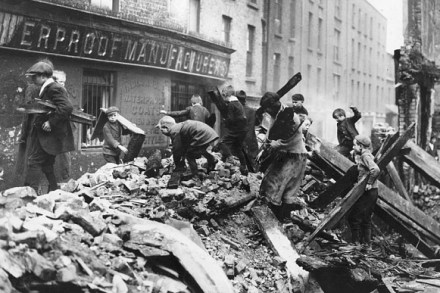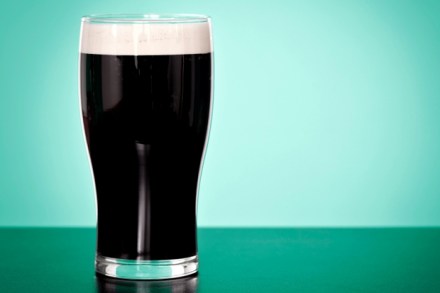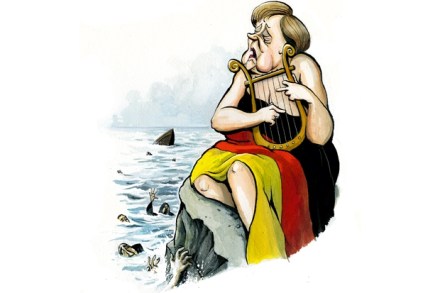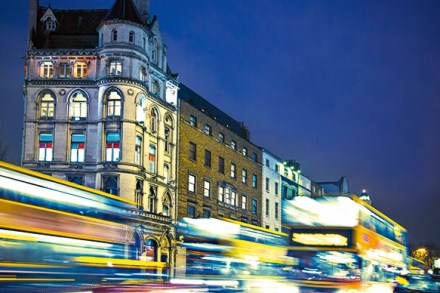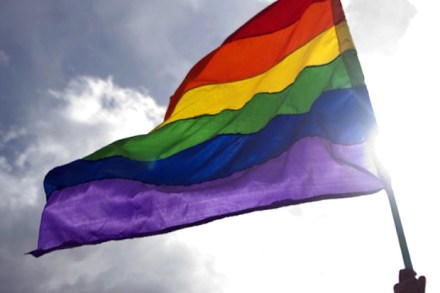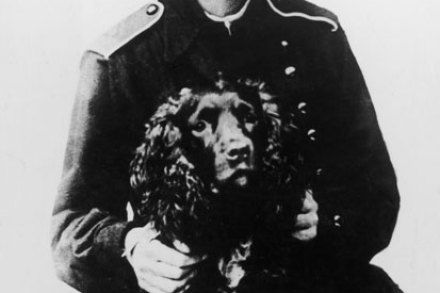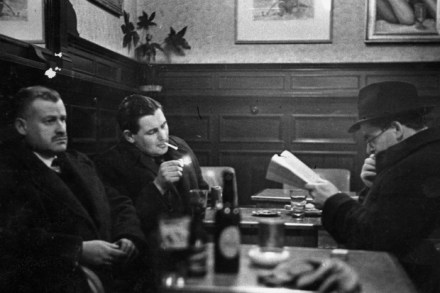Those fearless men, but few
While reading this book in a London café, I was politely buttonholed by an Irishman: ‘Sorry to disturb you, but I saw what you were reading and wondered how far back it went.’ I answered that, as it was a group biography of the men who led the Dublin Easter Rising of 1916, it began with the eldest of them, Tom Clarke, in the mid-19th century. ‘But,’ I added, ‘it goes back further, to Robert Emmet, Wolfe Tone — even Cromwell is mentioned.’ ‘Sure the feud’s much older than that,’ was the gleeful reply. If Ruth Dudley Edwards had been at the table, I imagine she would have said that


